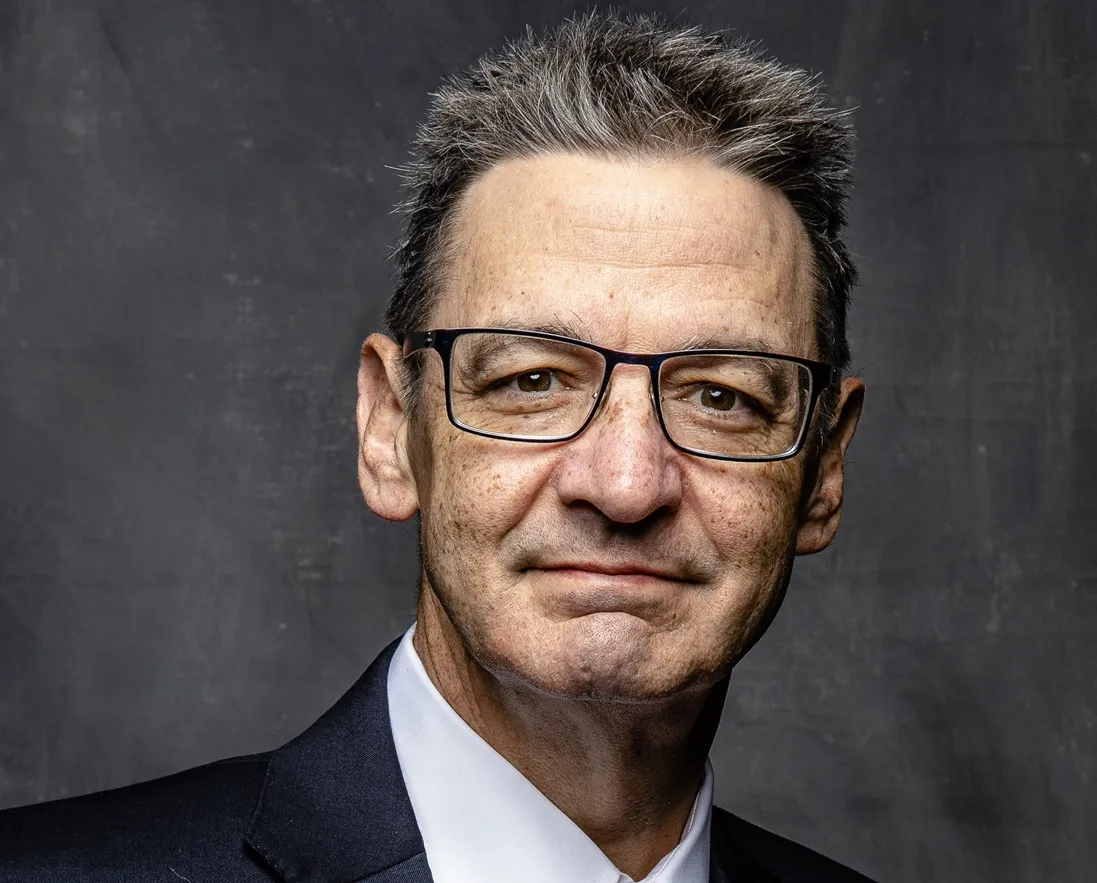A spat has broken out between two major US transportation organisations over how best to pay for road use: the ATA says tolls are ‘fake funding’ while IBTTA has scorned ‘scare tactics and falsehoods’…
Much has been made of the state of US roads: everyone agrees that funding is needed – but who should pay? And how? Chris Spear, president and CEO of
Big and bold
Spear insists: “To rebuild our infrastructure for the long term we need a plan that isbig and bold, like President Reagan’s.” He adds that some kind of user fee is the way to go: “Any proposal that relies on fake funding schemes like highway tolls…will not generate the revenue necessary to make significant infrastructure improvements.” The
Build America
ATA has thought about what it wants. Spear says a ‘Build America Fund’ needs to be set up: a 20-cent-per-gallon user fee on all transportation fuels, including diesel, gasoline and natural gas, which would generate $340 billion over a decade - covering the highway funding gap and creating an account “to invest in the nation’s most urgent infrastructure needs”. ATA says this would cost the typical passenger vehicle driver just $2 per week, a little over $100 each year.
Spear strikes a chord when he says that ATA’s proposal is also “ fiscally conservative”, with 99 cents in every dollar collected from such a user fee “spent directly on the intended purpose of maintaining roads and bridges”.
“Compare that to other methods of infrastructure funding, like tolling — where as much as 35 cents of every dollar is wasted on administrative and overhead costs rather than on road maintenance,” he continues. “Congress can look in its own backyard where the toll for driving 10 miles on I-66 express lanes in Northern Virginia hit a ridiculous peak of $47.”
No comparison
IBTTA did not take this lying down. Spear is misleading, says Jones, because to compare the cost of collecting tolls with fuel taxes ignores one of the most fundamental cost advantages of toll finance: the time value of money.
“If we were to build a 50-mile toll road today, we would issue debt…and use the debt financing to build the entire road all at once, perhaps in as little as two years,” Jones says. “If we were to build that same road using fuel taxes, it would probably take us at least ten years or more to complete the project because only a small portion of the fuel tax revenue would be available each year.”
There would be increases in the cost of labour, materials, equipment - and another eight years’ of delays for all motorists, he adds.
Finally, IBTTA insists Spear’s comment about I-66 confuses a “priced managed lane” with a typical toll road. Also, “only .08 percent of express lane trips paid a toll higher than $40” anyway. Robust debate is good – and it looks as though this one will run and run. To misquote Bette Davis in All About Eve: “Fasten your seatbelts. It’s going to be a bumpy ride.”









